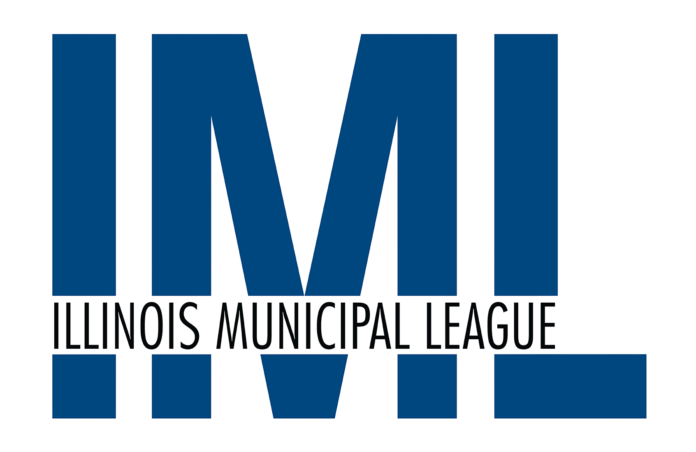
Illinois local governments are seeking to promote efficiency and modern policies that will balance community needs and resources through the Illinois Municipal League’s (IML) 2025 Moving Cities Forward legislative agenda.
The IML agenda’s goal is to ensure the long-term success of the 1,294 cities, villages and towns in Illinois, the organization said in a news release outlining its members’ priorities for the legislative year ahead.
“These policies are common sense reforms that give local leaders the tools and flexibility to meet evolving community needs,” IML Chief Executive Officer Brad Cole said in the Tuesday, Feb. 25, release. “We are calling on the General Assembly to ensure municipalities have the authority and resources needed to enhance public services and promote fiscal sustainability.”
Policies that the IML and the mayors are lobbying for include a plan that would allow non-home rule governments to implement a 3 cent per gallon motor fuel tax to create an alternative funding source for infrastructure projects.
Currently, nonhome Illinois rule municipalities with more than 100,000 residents may impose a local tax on motor fuel, by ordinance, not to exceed $0.03 per gallon in $0.01 increments. The remaining non-home-rule municipalities do not have this authority. East Moline, for example, is not home role. But residents are being asked to vote to make that happen in the Tuesday, April 1, Illinois Municipal Elections.
The IML said “expanding this authority to all non-home rule municipalities is an equitable solution that offers alternative revenue sources to fund vital infrastructure projects.”
Annual audit changes
Another measure on the agenda would exempt small municipalities from what the IML called the “costly and burdensome requirement” of annual audits performed by certified public accountants. The bills are sponsored by Illinois state Rep. Gregg Johnson, D-East Moline, and state Sen. Doris Turner, D-Springfield.
The release said that small communities already file financial reports with the Illinois State Comptroller. And state-mandated CPA audits are expensive and difficult to obtain due to a limited number of CPAs specializing in municipal audits. Those bills would exempt municipalities with a population of less than 1,000 from annual audit requirements.
The cities IML represents also are backing legislation that would allow local authorities to fulfill public notice mandates by posting them electronically rather than publishing them in a local newspaper of general circulation. The IML said print notices cost municipalities millions of dollars annually.
The frequently requested change is routinely opposed by journalism organizations including the Illinois Press Association. That journalism advocate also maintains a free online digital public notice site for local governments/
In addition, there is Senate Bill 29 sponsored by Sen. Cristina Castro, D-Elgin, and House Bill 3069, sponsored by Rep. La Shawn Ford, D-Chicago. It would grant municipalities the option to fulfill public notice mandates on the city’s website and on a publicly-available, searchable online database operated independently from the municipality, said IML which has created a website, LocalPublicNotices.org, where cities can easily post public notices for free. Newspaper notice requirements would remain an option under the plan, IML said.
Local housing control
IML’s Moving Cities Forward agenda also seeks to maintain the preservation of municipal authority to implement housing programs, local ordinances and affordable housing measures, the IML said.
The State of Illinois grants local governments limited authority to establish and implement responsible housing programs for the benefit of their residents. However, local authority to efficiently address community-specific housing issues is currently under threat, the IML said.
Preserving that authority allows local governments to provide adequate housing options and address critical housing issues to promote the health, safety and welfare of their residents.
“We believe that everyone deserves safe, accessible and fair housing. Municipal housing policies are designed to put residents’ needs first while adhering to federal and state laws,” IML First Vice President and Village of Matteson President Sheila Chalmers-Currin said. “Local governments are in the best position to address the unique needs of their residents and ensure that housing policies align with the values and priorities of their communities.”
As part of the agenda, local governments are also seeking to charge a fee for “lift-assist” services. These are frequent and common calls to emergency services to help someone get up after a fall or other incident without needing to be transported to the hospital.
Calls for such non-emergency lift assistance are increasing, and some congregate care facilities prohibit their personnel from lifting residents and patients for safety and liability reasons, the IML release said. The risks of these potential injuries are shifted to municipal fire and rescue departments. Many home rule municipalities currently impose fees for these services.
For more information about IML’s full 2025 Moving Cities Forward legislative platform, please visit movingcitiesforward.org.




